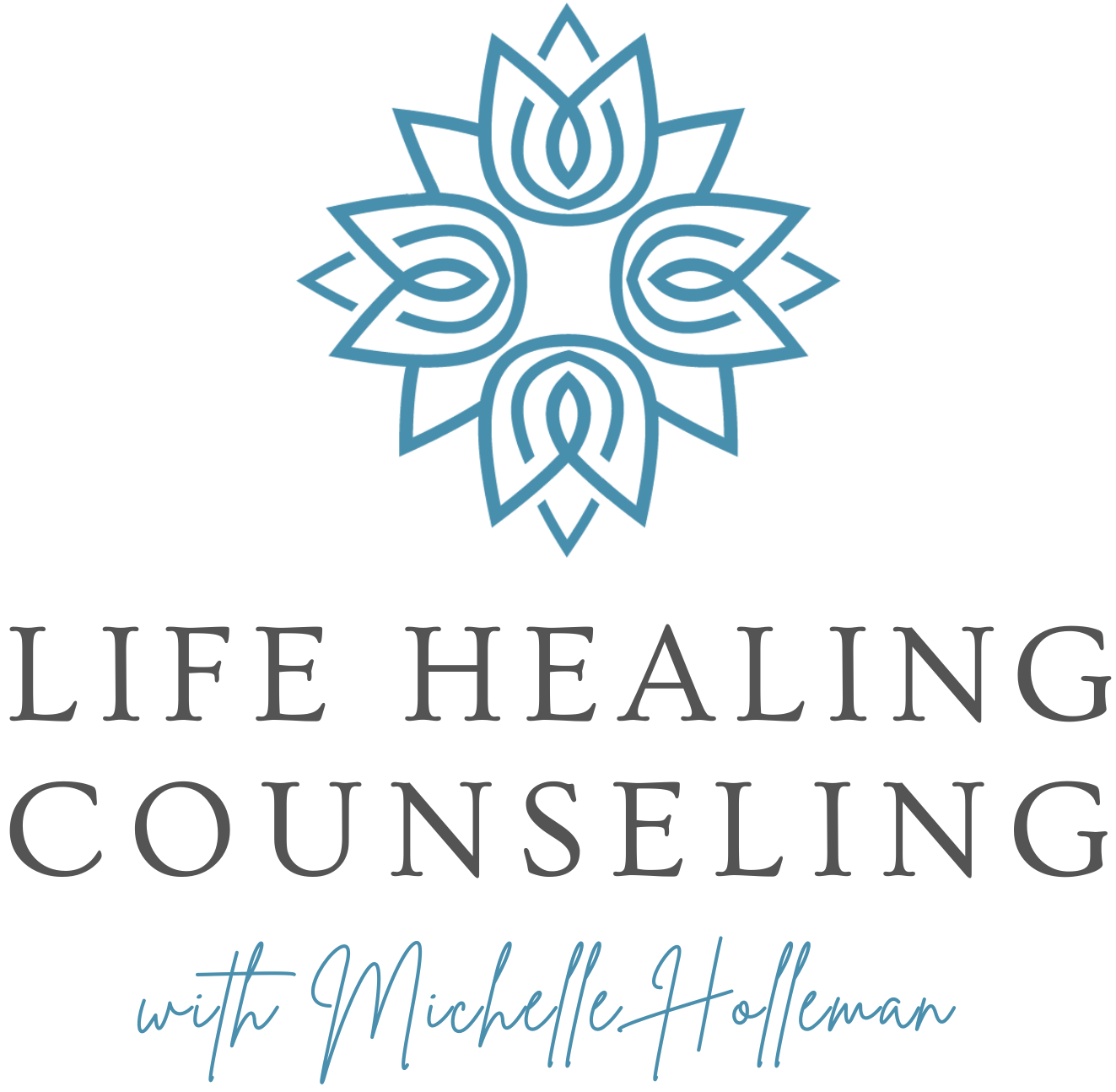FAQs About Problematic Sexual Behavior (PSB)/ Sex Addiction
What is Problematic Sexual Behavior (PSB), or sex addiction?
- Sex addiction is any unhealthy or compulsive sex-related behavior(s) that, over time, becomes increasingly more used and important. The behavior causes increasing stress in family, relationships, work and overall ability to function, and occurs in a pattern, or cycle. People are often able to stop for a period of time before going back to the same, or similar behaviors.
What is PSB/sex addiction not?
- An addiction to sexual intercourse.
- It is not an excuse for bad behavior. Sex addicts are always responsible for the problems their choices and behaviors have caused. In fact, part of healing from sex addiction is admitting what you’ve done, accepting any consequences, and making amends as best you can.
- It is not fun. Sex addiction is no more fun than shooting a needle full of heroin into your arm is fun. No one grows up and aspires to be a sex addict. Addiction is pain, shame, guilt, and can cause depression, anxiety and severe consequences.
- It is not just for men. Women are also sexually addicted, they just tend to speak of it in terms of love and relationships more often, but the roots, damages, and consequences are often the same.
- It is not the partner or spouse’s fault. Sex addicts sometimes blame their partners for their behaviors. “If my partner wanted it more often, I wouldn’t need to get it somewhere else/I just have a higher sex drive than my partner/They aren’t available/etc.” This is like saying it is the car’s fault you drove drunk.
- Therapy is not sex negative. We are not the sex or sexuality police. It is not our job to impose morals, religious or cultural values on your sexual behaviors. Acting in addiction or has nothing to do with who or what turns someone on, and we are trained to understand this.
- Sex addiction is not related to sexual orientation. Sex addiction has nothing to do with who or what turns you on. Homosexual or bisexual arousal patterns, even if they are unwanted, have nothing to do with a sex addiction diagnosis. Being gay, bi, lesbian, or any sexual orientation has nothing to do with being a sex addict any more than being heterosexual does.
- Sex addiction is not related to fetish, kink, and paraphilic behaviors. Again, sex addiction is not defined by who, or what, turns you on.
- Sex addiction is not the same thing as sexual offending.
It’s possible to be both a sex addict and a sexual offender, but addiction and offending are not the same thing. Most sex addicts do not become sexual offenders.
How can sex be an addiction?
This is a common misconception that actual intercourse is the addiction. For some people, it may be, but other sexual behaviors may qualify as well. Sex addiction also shows up as compulsive masturbation, pornography use, compulsive hetero or homosexual relationships (regardless of one’s sexual orientation), obsession, fantasy, chronic infidelity, chat rooms or apps and webcams. More serious behaviors can have legal consequences.
How can pornography be an addiction?
Pornography (online or cyberporn) is often called the “crack cocaine” of sex addiction because offers a quick, private, and high-speed dose of stimulation to the brain. When watching pornography, the brain experiences a tidal wave of dopamine and other neurochemicals; endorphins, norepinephrine, oxytocin and serotonin.
These neurochemicals produce a “natural high” inducing a strong emotional, biological and chemical connection. With breakthroughs in medicine and neuroscience, we can prove pornography addiction changes how our brain “wires and fires” and is exactly like a chemical addiction with dopamine being the chemical.
Brains that are exposed to cyber pornography at an early age, demonstrate serious detriments brain development.
Why should I get help if my partner is the one with the problem or doing the cheating?
From Sex Help with Carol the Coach
Whether your partner is unfaithful by having a physical or emotional affair, using dating apps, hook-up apps, pornography, or something else outside your boundaries, is a betrayal. The relationship has usually been under stress for a while as the behavior has escalated and intimacy has decreased. It is important to have professional, non-judgmental, support and guidance during this confusing time to help you manage the constant change and tidal wave of emotions.
*Credit: Dr. Rob Weiss, Sex and Relationship Healing and Deborah L. Kaplan

